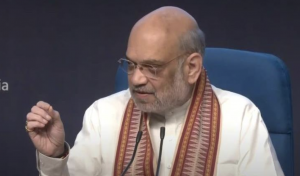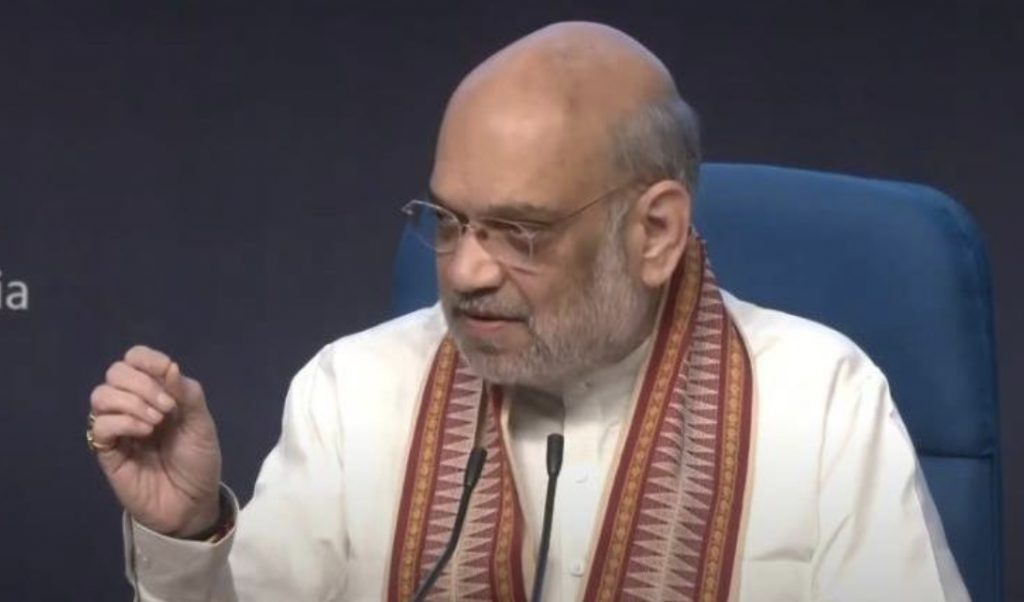NEW DELHI: As the Modi government nears completion of 100 days of the 3rd term, Amit Shah has said that ‘One Nation, One Election’ will be implemented within the next five years, that is before the completion of this tenure. Addressing a press conference on Tuesday, Shah highlighted the notable works carried out by the NDA government in 100 days of assuming office. “The government plans to implement one nation one poll within tenure of this govt,” he said. In his Independence Day address last month, Prime Minister Narendra Modi made a compelling case for ‘one nation, one election,’ emphasizing that frequent elections were slowing down the country’s development. “The nation has to come forward for ‘one nation, one election’,” Modi urged during his speech from the Red Fort, encouraging political parties to support this initiative for the nation’s progress. Addressing the political spectrum, the prime minister called for unity in ensuring that national resources are allocated for the common good. “We have to come forward to realise the dream of ‘one nation, one election’,” he said, reiterating the importance of collective responsibility. This proposal is a key element in the BJP’s manifesto for the upcoming Lok Sabha elections. Earlier this year, a high-level panel chaired by former president Ram Nath Kovind recommended simultaneous elections for both the Lok Sabha and state assemblies as the first step, with local body polls to follow within 100 days. The Law Commission, on its part, is expected to propose synchronized polls across all three levels of government Lok Sabha, state assemblies, and local bodies such as municipalities and panchayats by 2029. They are also considering a provision for unity governments in cases of hung houses or no-confidence motions. While the Kovind panel has not specified a timeline for implementing the proposed changes, it has called for the creation of an ‘Implementation Group’ to ensure the smooth rollout of its recommendations. The panel has suggested 18 constitutional amendments, most of which do not require state assembly ratification but will need Parliament’s approval in the form of constitutional amendment bills.


